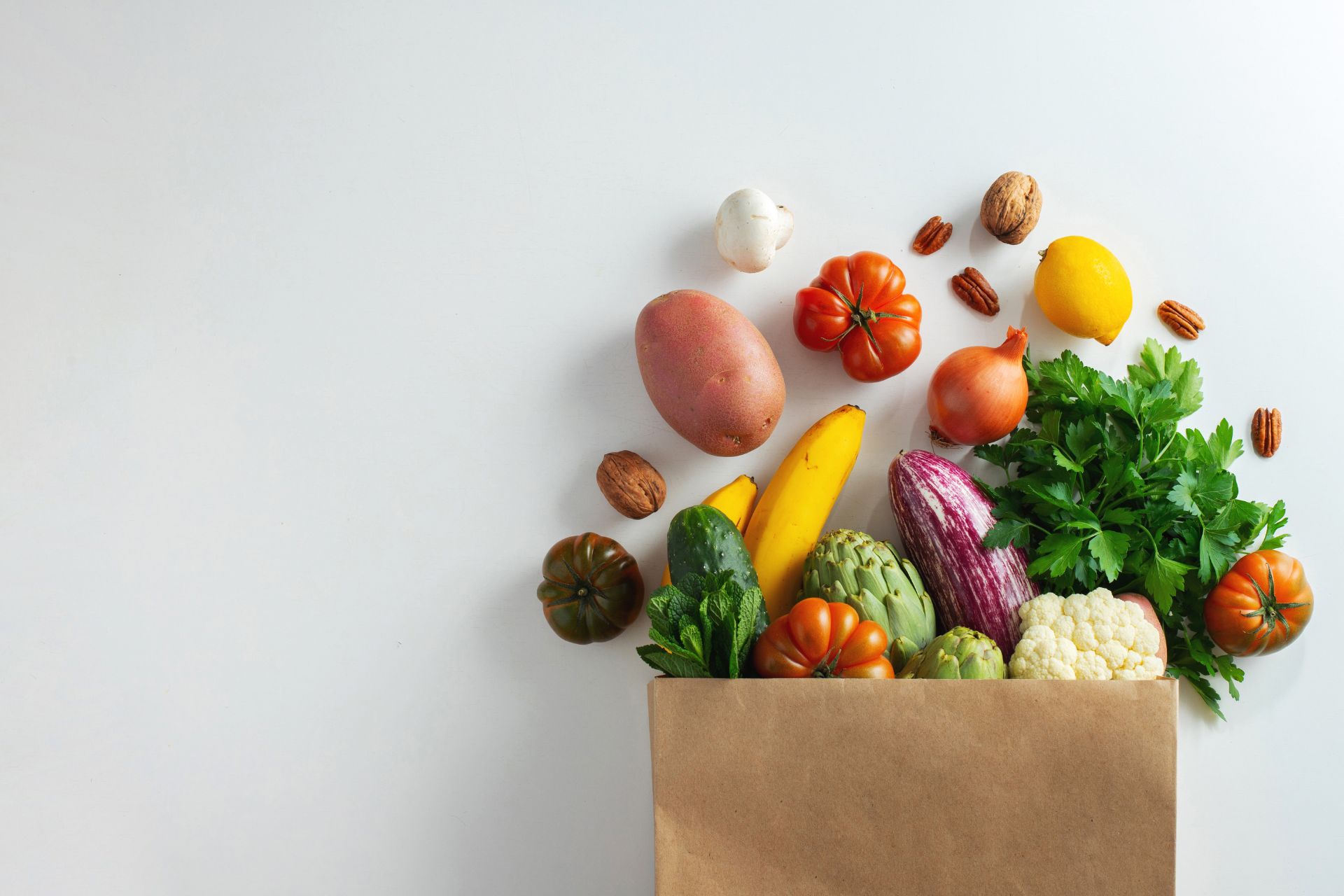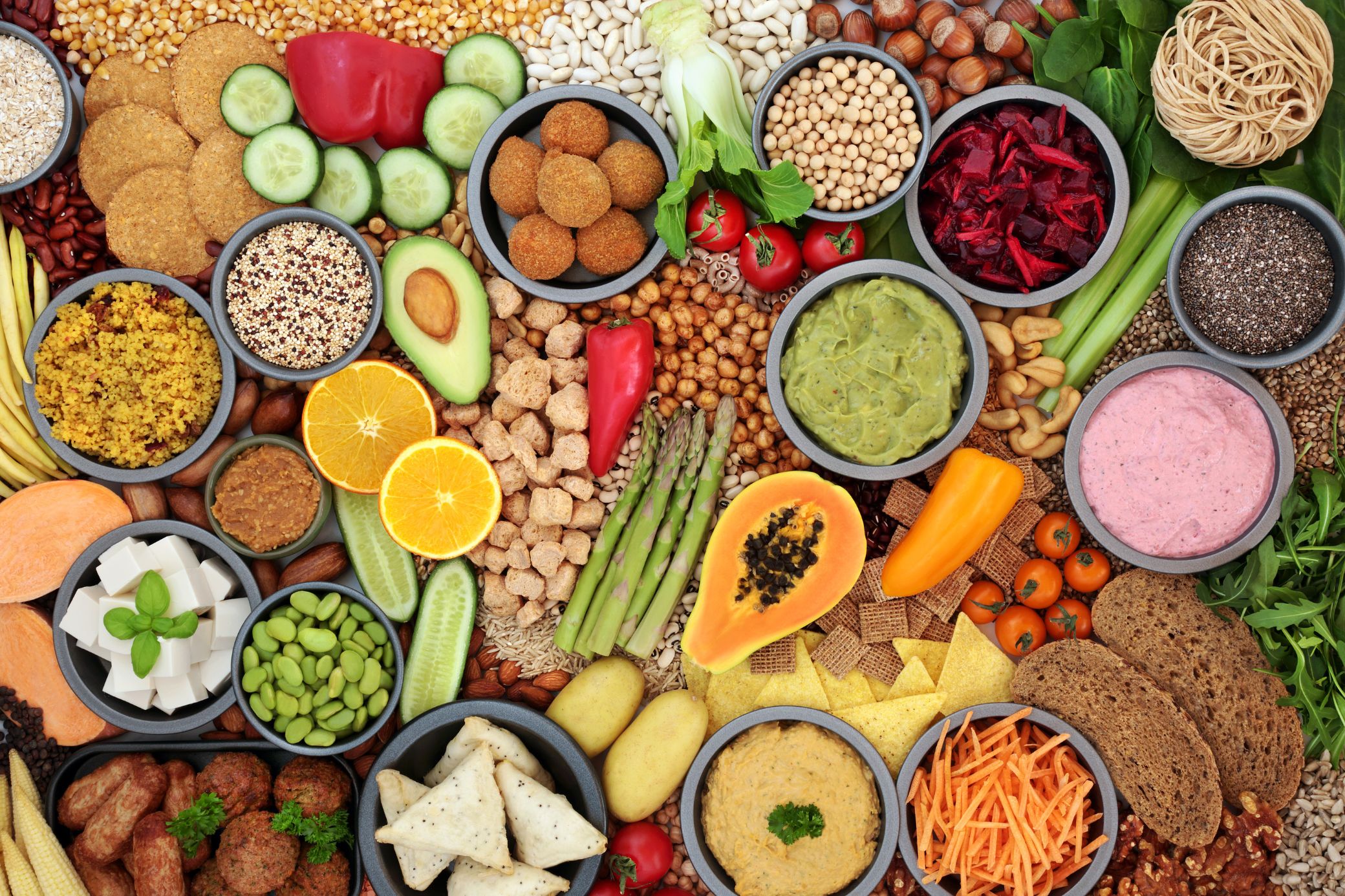One of the most common questions in the world of nutrition is whether it’s better to eat vegetables, fruits, and other plant-based foods raw or cooked. The answer isn’t always straightforward, as the nutritional value of these foods can change with cooking.
There are many misconceptions about raw versus cooked foods. Some believe that raw foods are always better because they retain more nutrients, while others think that cooking is necessary to unlock certain health benefits. The truth lies somewhere in between. While some nutrients are indeed more abundant in raw foods, others become more bioavailable through cooking. The important thing is that eating a variety of vegetables and fruits, whether raw or cooked, is beneficial for your health. So, don’t stress if you prefer one method over the other—you’re still making a healthy choice!
Vegetables
- Tomatoes
- Raw: Rich in vitamin C and antioxidants like lycopene, a powerful antioxidant linked to reduced risk of heart disease and cancer.
- Cooked: Cooking tomatoes increases the bioavailability of lycopene. However, vitamin C levels decrease with heat.
- Carrots
- Raw: High in fiber, vitamin A (as beta-carotene), and antioxidants.
- Cooked: Cooking carrots increases the bioavailability of beta-carotene, making it easier for your body to absorb and convert it to vitamin A.
- Spinach
- Raw: Packed with vitamins A, C, and K, as well as folate and iron. However, it contains oxalates that can inhibit calcium and iron absorption.
- Cooked: Cooking spinach reduces oxalate content, making iron and calcium more bioavailable, but some vitamin C is lost.
- Broccoli
- Raw: High in vitamin C, K, and folate. Contains the enzyme myrosinase, which helps form sulforaphane, a compound with cancer-fighting properties.
- Cooked: Steaming broccoli retains most nutrients and increases the availability of some antioxidants but can destroy myrosinase. Light steaming is the best method to preserve nutrients.
- Bell Peppers
- Raw: Extremely high in vitamin C and various antioxidants.
- Cooked: Cooking reduces vitamin C content but enhances the bioavailability of other antioxidants like carotenoids.
- Kale
- Raw: High in vitamins A, C, and K, as well as antioxidants and fiber. Can be tough to digest for some people.
- Cooked: Steaming or sautéing kale makes it easier to digest and can increase the bioavailability of some nutrients.
- Asparagus
- Raw: Good source of fiber, vitamins A, C, E, and K. Can be tough and difficult to digest.
- Cooked: Cooking asparagus makes it easier to chew and digest and can increase the antioxidant activity.
- Mushrooms
- Raw: Contains B vitamins and antioxidants, but some varieties can be difficult to digest raw.
- Cooked: Cooking mushrooms breaks down tough cell walls, making nutrients more accessible and increasing their antioxidant capacity.
- Sweet Potatoes
- Raw: High in vitamins A and C, fiber, and antioxidants. However, raw sweet potatoes can be difficult to digest.
- Cooked: Cooking sweet potatoes makes their starches easier to digest and enhances their sweetness.
- Brussels Sprouts
- Raw: High in vitamins C and K, fiber, and antioxidants. Raw Brussels sprouts can be hard to digest and may cause gas.
- Cooked: Cooking, especially steaming, can make Brussels sprouts easier to digest and increase the availability of some nutrients.
Fruits
- Apples
- Raw: High in fiber, vitamin C, and various antioxidants.
- Cooked: Cooking apples can reduce vitamin C content but makes pectin (a type of fiber) more soluble, which can aid digestion.
- Berries
- Raw: Rich in vitamin C, fiber, and antioxidants like anthocyanins.
- Cooked: Cooking berries can reduce vitamin C and antioxidant levels, but some nutrients become more concentrated.
- Peaches
- Raw: High in vitamins A and C, fiber, and antioxidants. Refreshing and hydrating.
- Cooked: Cooking peaches enhances their sweetness and can make certain antioxidants more bioavailable.
- Pineapple
- Raw: Rich in vitamin C, manganese, and the enzyme bromelain, which aids digestion.
- Cooked: Cooking pineapple reduces vitamin C content but can still provide other nutrients and flavors, often used in desserts and savory dishes.
Beans and Legumes
- Lentils
- Raw: High in fiber and protein but contains anti-nutrients like phytic acid.
- Cooked: Cooking reduces anti-nutrients, making proteins and minerals like iron and zinc more accessible.
- Beans: You should NEVER eat white, broad, black, pinto, great Northern, and navy beans raw. Though I don’t think anyone is eating raw beans regularly (or at all), I still wanted to include it here! Eating some types of raw beans can be pretty risky because they contain natural toxins like lectins. For instance, raw kidney beans have a high level of a lectin called phytohaemagglutinin, which can cause severe stomach pain, vomiting, and diarrhea. Cooking beans properly destroys these toxins, making them safe to eat.
Grains
- Quinoa
- Raw: Contains saponins, which can be bitter and reduce nutrient absorption.
- Cooked: Cooking quinoa removes saponins and enhances the digestibility and nutrient absorption.
- Oats
- Raw: High in fiber, vitamins, and minerals. Can be eaten raw (as in overnight oats) but may be harder to digest for some.
- Cooked: Cooking oats makes them easier to digest and helps release their nutrients more effectively.
Conclusion
Whether to eat plant-based foods raw or cooked depends on the specific food and the nutrients you’re aiming to maximize. While some foods like broccoli and spinach offer more nutrients when cooked, others like bell peppers and berries retain more nutritional value when eaten raw. Incorporating a variety of raw and cooked vegetables, fruits, beans, and grains into your diet can help ensure you get a broad spectrum of nutrients. Listen to your body, enjoy your food, and embrace both raw and cooked options for a balanced and nutritious diet!





